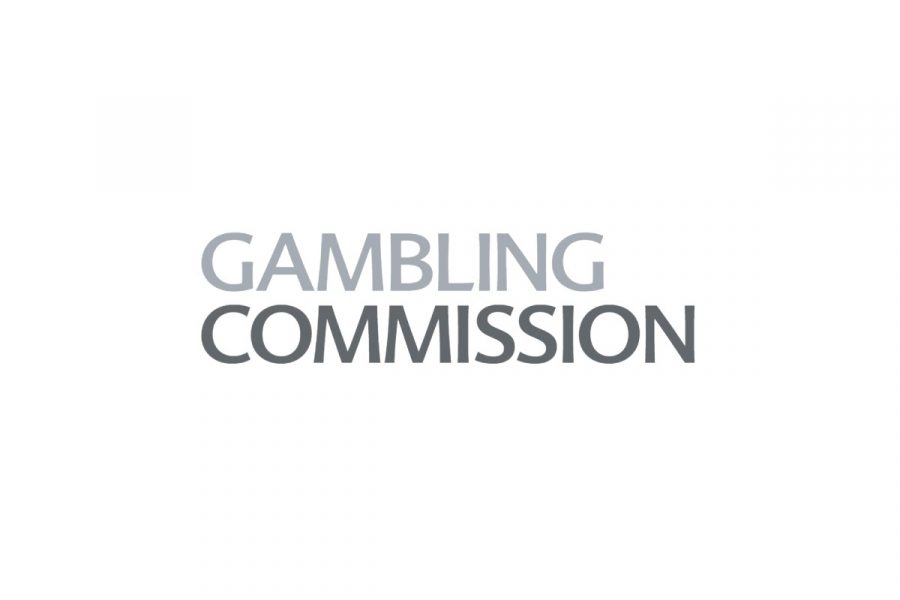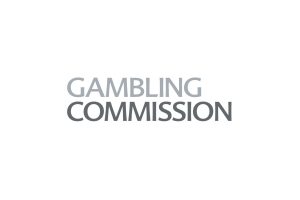“We continue to take action to raise standards in the gambling industry”

Tim Miller, Executive Director of the UK Gambling Commission, reflected on the work of the UKGC during the last 18 months since the Covid-19 pandemic started.
UK.- Tim Miller, Executive Director of the UK Gambling Commission, took part in the ‘Know Now’s 2021 conference on Social Responsibility for Gambling Operators.’
Miller’s ‘New normal, higher expectations’ keynote speech was focused on the impact of Covid-19 on gambling and the work of the UKGC during the last 18 months amid the pandemic.
In the months leading up to the pandemic, Miller stated the UKGC called upon industry to work with them to make progress in three key areas:
- the treatment of High Value Customers or ‘VIPs’
- the design of games and products
- the use of Ad-Tech to protect children, young people and people who may be vulnerable.
Tim Miller revealed that, by March 2020, the Commission was able to welcome progress on all fronts and enlisted the following ad-tech actions taken by the industry:
- a common list of negative search terms and suppression websites, to help shield vulnerable groups from online adverts
- better and more consistent use of customer data to ensure paid-for-ads across social media platforms are targeted away from groups that may be vulnerable
- requiring that advertising is only targeted at over 25s on social media and “Pay Per Click” advertising, protecting young people and increasing confidence in the social media platforms’ own age-gating
- age-gating YouTube channels and content
- adopting and rolling out to all affiliates a code of conduct which will be amended and updated on a regular basis to ensure all measures undertaken by the industry will be implemented equally by affiliates.
The Commission also kept working to reduce risk and gambling-related harms. It first established new guidelines to stamp out irresponsible ‘VIP customer’ practices and now, before any operator makes a customer a VIP they must:
- establish that customer’s spending is affordable and sustainable
- assess whether there is evidence of gambling related harm, or heightened risk
- ensure licensees have up to date evidence on identity, occupation and source of funds
- continue to verify information, conducting ongoing checks on each individual.
According to Miller, the aforementioned rules were followed by a package of changes to make online games safer by design. The new rules, which come into force on 31 October include the outright ban of four key features of online slots games:
- features that speed up play or give the illusion of control over the outcome
- slot spin speeds faster than 2.5 seconds
- auto-play
- sounds or imagery which suggest a win when the return is equal to, or below, a stake.
When referring to keeping crime out of gambling, Miller stated: “The Gambling Commission is alive to this danger and regularly takes action to cut off or shut down these sites.
“With rapid changes in technology we know we need to be increasingly fleet of foot and may need a broader range of tools to tackle emerging risks. We are pleased that the Review of the Gambling Act includes a focus on the powers and resources of the Commission.”
However, Miller added the solution to tackling that black market is not to cease taking action to make regulated gambling safer. He said: “We won’t legitimise poor practice at home through fear of what might be happening elsewhere.
“Making gambling safer and keeping crime out of gambling are not mutually exclusive and we will continue to pursue both of those objectives rigorously.”
UKGC work to tackle money laundering
As regards money laundering, Tim Miller admitted the focus is often on the failings of operators to minimise the risk of harm, but he added operators the UKGC take action against have failed to meet their standards to prevent money laundering as well.
Miller stated: “Significant and substantial assessment continued for both land-based and online gambling businesses in the previous year – albeit that the pandemic meant we relied heavily on remote assessments.
“Our compliance activity and enforcement cases continue to evidence that some licensees’ money laundering and terrorist finance risk assessments, and policies, procedures and controls continue to be not fit for purpose despite numerous case publications and ongoing guidance issued by the Commission to assist operators to be compliant.”
He then added: “Both online and on the high street we have seen notable cases this last year and this year’s Compliance and Enforcement Report will again detail what we expect from operators in this area.”
“Across our Licencing Objectives, despite the pandemic, we have continued to drive forward, following the evidence to make gambling fairer, safer and crime-free. One piece of work – which has attracted a lot of attention – is our work on remote Customer interaction,” he continued.
“We continue to see example after example of operators who have allowed people to gamble amounts that clearly place customers at risk of harm with very limited or no customer interaction until a very late stage.
“Just to be clear, we are not talking about grey areas here. We are talking about significant binge gambling or clearly unaffordable levels of gambling without action being taken.
“Can anyone in this room seriously justify allowing a new customer to lose £10,000 within minutes without any checks or interaction? It issues such as these that we are seeking to address in our customer interaction proposals.
“Going back to our Licencing Objectives, the Gambling Commission has a duty ‘to aim to permit gambling’ as long as it is in line with the Licencing Objectives. But we will not permit operators to continue to place their commercial objectives ahead of customer protection“.
Miller then added the next step will be a consultation on thresholds for identifying key financial risks: “when it comes to significant losses in a very short time, significant losses over time and financial vulnerability. We are mindful of the fact that there is an ongoing review of the Gambling Act and do not plan to consult on issues that are rightly for that Review.
“However, as the example, I gave earlier shows, operators are allowing consumers to be exposed to unnecessary risks now.
“The multiple failures to comply with our existing outcomes focussed rules has forced our hand into bringing forward more prescriptive requirements to ensure that those longstanding regulatory outcomes are delivered”.
Miller also stated whilst the UKGC continues to take action to raise standards in the gambling industry, it is only right that they look to raise their standards as well.
“As a statutory regulator, it is right that we are scrutinised and held to account for how we deliver our role to support the licensing objectives and we know that different groups may have very different views about how our role should be performed.
“Like all public bodies, we should strive to be a high performing, efficient and effective organisation to deliver the important duty that Parliament has given us.”
Using data as a regulatory tool
During the keynote speech, Tim Miller also referred to the importance of using comprehensive data and stated: “Further investment will be essential for the Commission to both realise the potential and manage the risks that come from regulating an industry where technology is changing all the time.
“However, all the investment in the world will not deliver a more effective Gambling Commission if the data we receive from operators is lacking.
“Historically, we have needed to carry out huge amounts of quality assurance on the data provided through the regulatory returns process. Returns have been late, or sometimes not delivered at all, with many returns being full of errors.
“Industry and others should rightly hold our feet to the fire to ensure that our work is grounded in evidence. But the quality and timeliness of data from industry is the single biggest limiting factor.
“In next year’s business plan we will set out a programme of target compliance and, if necessary, enforcement action around the quality and timeliness of the regulatory returns we receive.
“So I would strongly encourage operators to use the remainder of this business year to ensure your data quality processes are robust and fit for purpose.”
He finally concluded: “We will continue to be unrelenting and uncompromising on ensuring compliance with our standards and taking enforcement action where those standards are not met.
“But the message I want you to take away today is a simple one. Whatever else changes, the work to make gambling in Great Britain fairer, safer and crime-free continues.”











